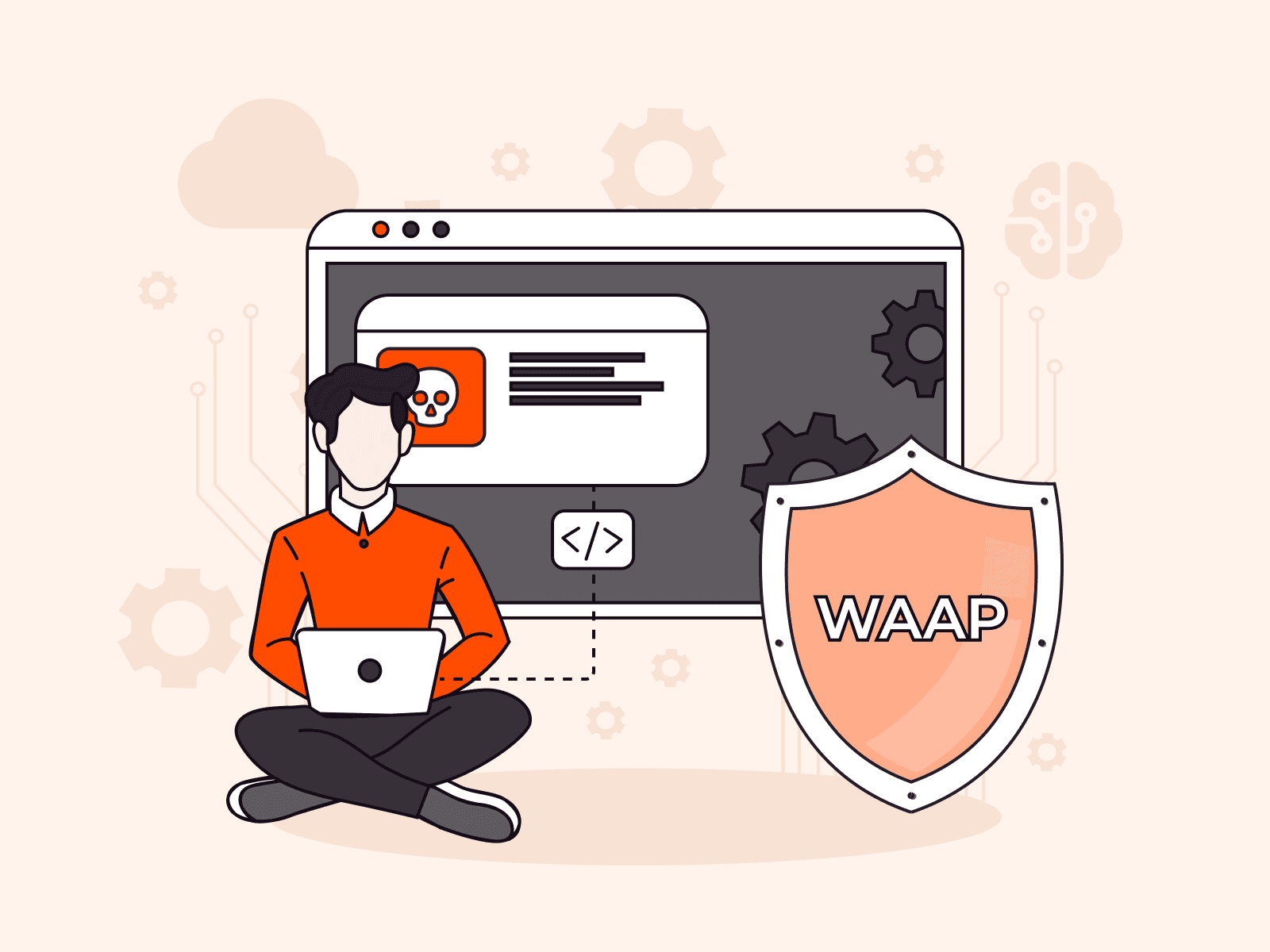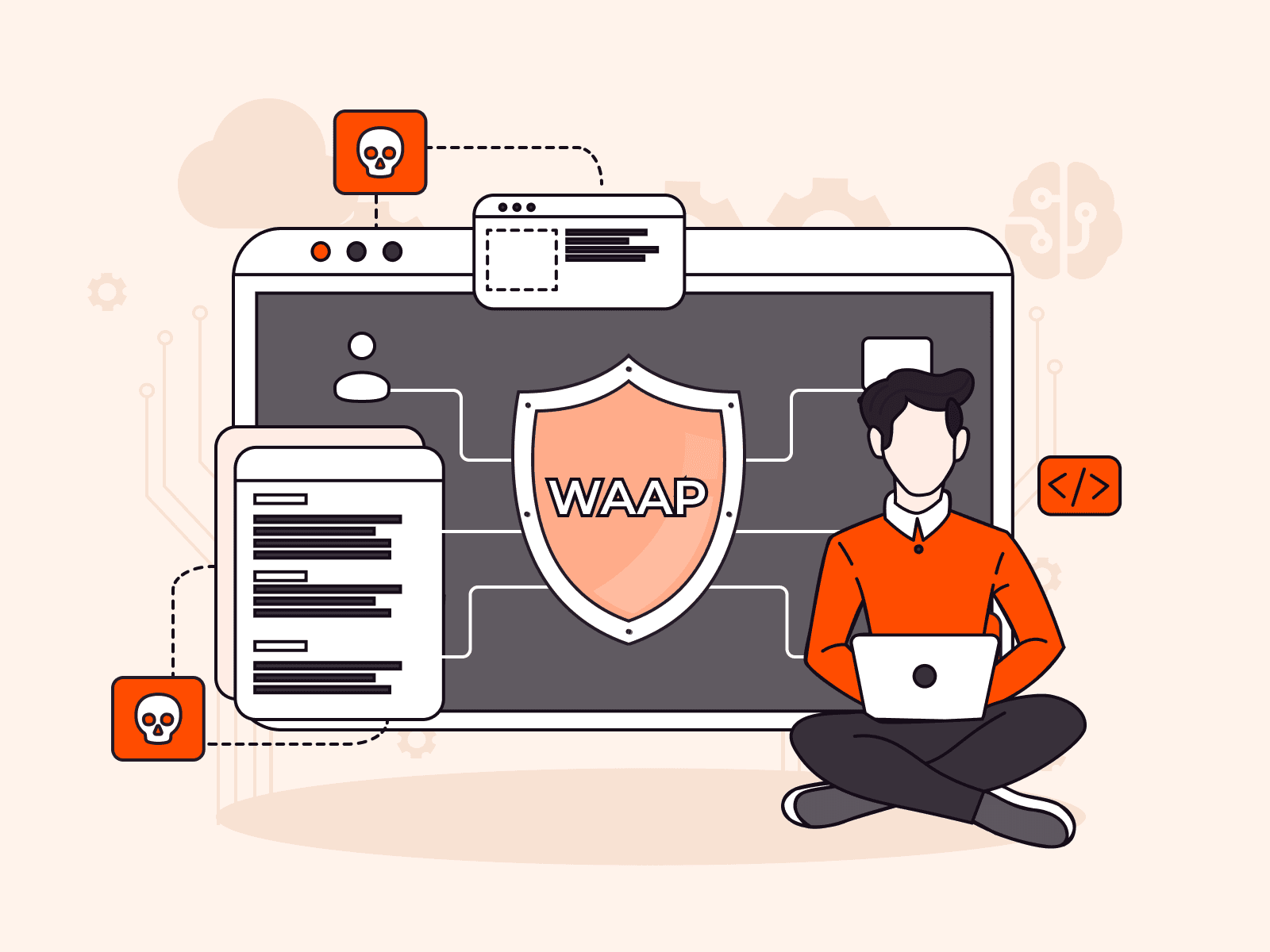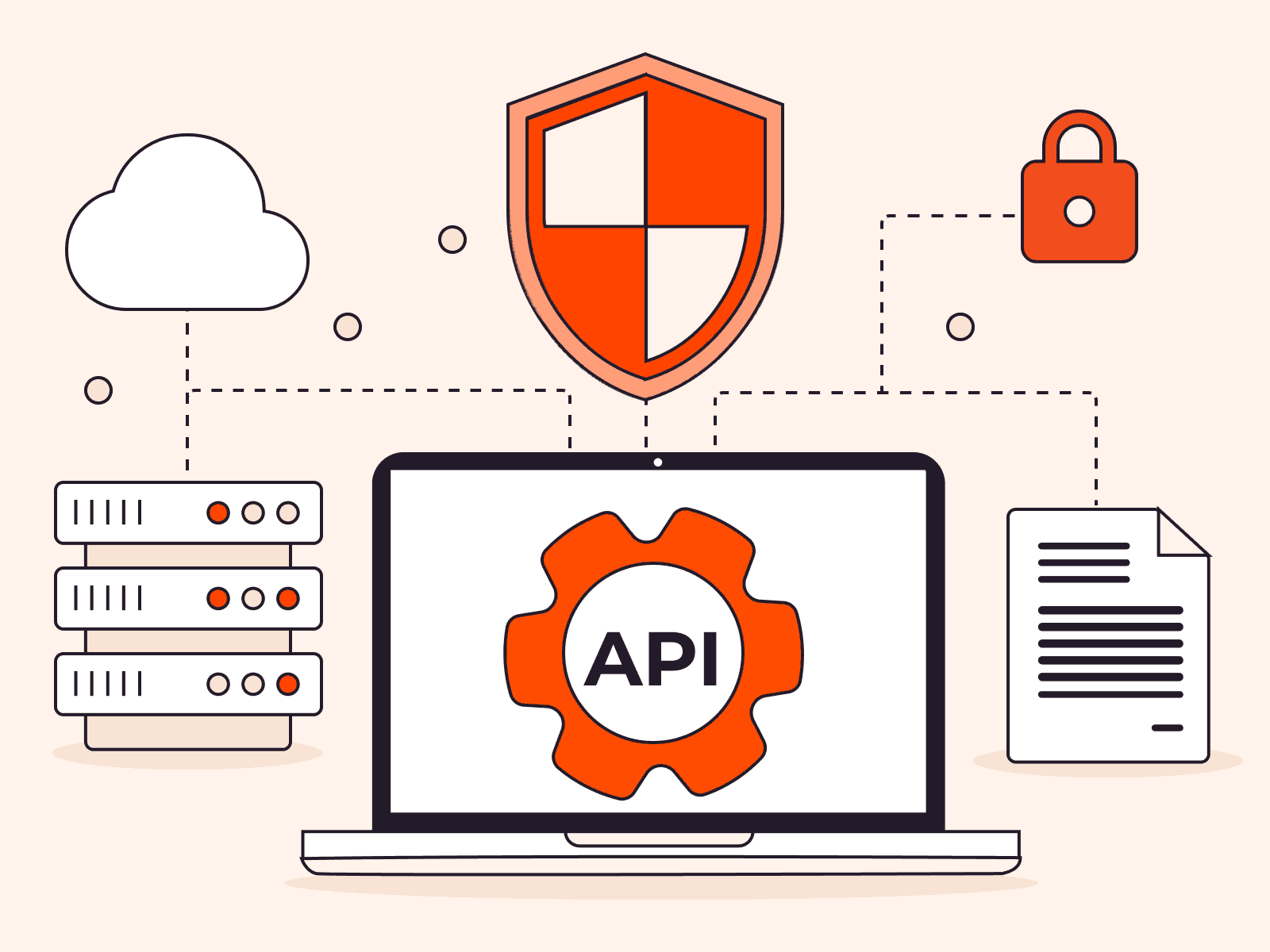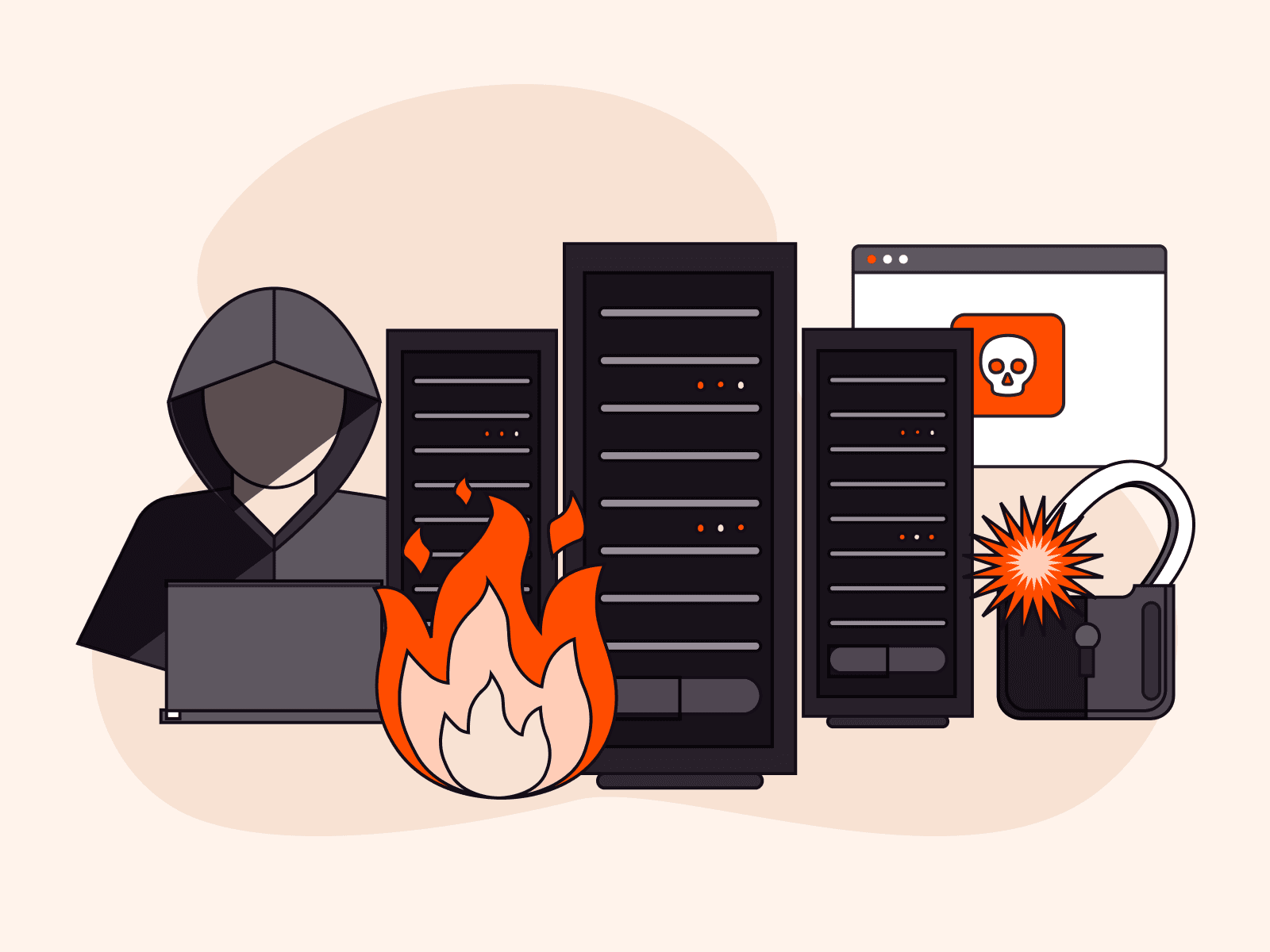Cpanel AutoSSL is a popular tool for automatically obtaining and installing SSL certificates on websites. When choosing an SSL/TLS certificate, users are faced with a choice between two popular options: Let’s Encrypt and Sectigo. In this article, we’ll compare these certification organizations and find out which option Cpanel AutoSSL users typically choose based on their specific circumstances.
What Is Let’s Encrypt?
Let’s Encrypt is a certificate authority that provides free, automated SSL/TLS certificates to securely encrypt websites. The main goal of Let’s Encrypt is to make HTTPS encryption available to everyone on the internet. Let’s Encrypt provides simple and automated tools for obtaining, installing, and renewing SSL/TLS certificates. Let’s Encrypt provides an open API that allows developers to integrate automatic certificate issuance and renewal into their applications and hosting platforms.
Why Do Cpanel AutoSSL Users Choose Let’s Encrypt?
Using Let’s Encrypt with CPanel AutoSSL provides you with automatic and free installation of SSL/TLS certificates for websites on the server, allowing you to provide a secure connection and data protection for users for free. This makes HTTPS easy and accessible to implement on most websites including small, low-budget websites and personal blogs.
Let’s Encrypt is integrated with Cpanel AutoSSL, which allows you to obtain and install certificates automatically without having to perform complex manual procedures. This simplifies the process of configuring and renewing certificates, making it accessible even to novices. The features of Let’s Encrypt free SSL/TLS security layers and processes include the following:
- Limited verification. Let’s Encrypt certificates are intended to provide basic security and are available to a wide audience. Let’s Encrypt does not perform deep legitimacy checks on the organization or domain owner, making the process quick and easy.
- Large, supportive community. The major advantage of Let’s Encrypt’s community is that you can meet the developers as well as ordinary users who directly and actively support the project. The community is supportive, meaning that you have a free, built-in system if you need help with the product.
Now that we understand what Let’s Encrypt has to offer, let’s compare it to another service, Sectigo.
What Is Sectigo?
Sectigo (formerly known as Comodo CA) is one of the world’s leading providers of digital signature certificates and cybersecurity solutions. Sectigo issues and manages various types of certificates, including SSL/TLS certificates, code certificates, and identity certificates. It is a commercial SSL/TLS certificate provider and offers a wide range of features and functionality.
The level of protection provided by Sectigo depends on the type of certificate you choose. Sectigo offers several types of certificates, including Organization Validated and Extended Validation (OV/EV) certificates, which provide additional visibility and trust to business websites. Users can secure multiple subdomains and deploy advanced encryption types, such as SHA2 and ECC. In addition, Sectigo offers a $1,000,000 certificate guarantee.
Why Some Cpanel AutoSSL Users Choose Sectigo
When AutoSSL and Sectigo are used together, CPanel will automatically issue and renew SSL/TLS certificate requests for each domain on the server. CPanel will automatically handle the domain verification and certificate installation process, without the need to manually follow these steps. This type of SSL/TLS can provide several types of certificates. Let’s look at them below:
- Domain Validation (DV). This is the most basic type of certificate. It simply supports and protects the domain name by providing encryption and authentication to help protect the data transferred between the user and the server. However, this type of certificate does not conduct a deep check on the legitimacy of the domain owner, which makes it a less authoritative form of validation than its alternatives.
- Extended Validation (EV). This type of certificate offers a higher level of authentication. The domain owner goes through a deeper check; this means that the legal and physical status of the organization is checked. As a result, web browsers display a more immediately visible security indication, such as a green URL bar with the name of the organization or a padlock, which helps users establish trust in your website. This can be ideal for a SMB’s corporate website.
- Multi-Domain and Wildcard. This is the most advanced type of protection from Sectigo, allowing you to protect multiple domain names (Multi-Domain) or all subdomains of a single domain (Wildcard.) This is handy if you have multiple domains or subdomains that require SSL protection because you no longer need to purchase an SSL service for each subdomain—you only need one.
Let’s Encrypt vs. Sectigo: What to Choose
So, what to choose? The choice between Let’s Encrypt and Sectigo depends on the preferences and purpose of your website. Let’s look at some of the factors that may influence your choice.
Support Level
Sectigo offers enhanced support from the company itself with its premium certificates, while Let’s Encrypt focuses on community support. If you have unique requirements or expect to need additional support, Sectigo may be the best option, as it offers customers round-the-clock support. As far as Let’s Encrypt and support are concerned, you can contact them via email or access the community to get support from other users.
Cost
Let’s Encrypt provides free SSL certificates, making it attractive to users seeking to provide basic security for their websites at no extra cost. Sectigo offers commercial certificates, and their cost depends on the type and level of the certificate. Prices start from $125/year.
Trust Level
Both CAs are reputable, and their certificates are recognized by most web browsers.
Validation Period
Let’s Encrypt is limited regarding long-term certificates, as their certificates have a ninety-day validity period. By comparison, Sectigo’s commercial certificates offer longer validity periods of one to six years.
Validation Level and Certificate Type
Let’s Encrypt offers Domain Validated (DV) certificates that only verify domain ownership. They provide basic encryption and connection security but may not be sufficient for some business scenarios that require additional validation and advanced certificate features. Sectigo offers a wide range of certificates, including extended validation certificates and certificates for commercial use, which provide a higher level of trust and capability.
Installation and Management Process
Let’s Encrypt and Sectigo have different installation and management processes for certificates. Let’s Encrypt, included with cPanel’s AutoSSL feature, can provide a convenient way to automatically install and renew certificates on servers running cPanel. Sectigo, on the other hand, requires a more traditional installation process, which may involve submitting documents for review and manual intervention.
Conclusion
A wide choice of SSL certificates may be obtained by users today, including those offered by Let’s Encrypt and Sectigo. If you are just starting your SSL certificate journey, a free solution like Let’s Encrypt can be a great starting point. If you have more specific or advanced encryption needs, Sectigo offers a great product range, but with an associated financial cost.
Related articles
Subscribe to our newsletter
Get the latest industry trends, exclusive insights, and Gcore updates delivered straight to your inbox.






